Environmental Foundation Ltd. v Central Environmental Authority and Others
[2006] 3 Sri LR 57
By: Kumudika Perera

Bomburu Ella Mini Hydropower Project at Nuwara Eliya was granted approval by the Central Environmental Authority (CEA). The petitioner alleged that CEA had granted this approval contravening the National Environmental Act.
Court: Court of Appeal (Writ)
Majority Judgment by: Sripavan, J. (Unanimous Judgement)
Facts:
The case is regarding the Bomburu Ella (Bomuruella) Mini Hydropower Project at Perawella, Nuwara Eliya. The petitioner alleged that the first respondent – Central Environmental Authority (CEA) noticed to the public that it had decided to grant approval to the said project to the fourth respondent subject to terms and conditions, purportedly acting under the National Environmental Act, No. 47 of 1980 as amended (NEA).
Issues:
- Who has the statutory power to decide whether Initial Environmental Examination Report (IEER) or Environmental Impact Assessment Report (EIAR) is required?
- Who had recommended the adequacy of an IEER for the project?
- Was the requirement of IEER instead of EIAR arbitrary and unreasonable?
- Has CEA failed to exercise the discretion conferred on it by NEA?
- Can the Court issue a writ of mandamus against CEA to require an EIAR?
- Can an Environmental Questionnaire suffice to decide on granting of approval to a prescribed project?
- When can the Court intervene in the exercise of discretion by a Public Authority?
- What are the orders made by the Court?
Judgement:
- Per section 23BB (1) of NEA, the Project Approving Agency (PAA) has the discretion to call for an IEER or EIAR from the project proponent i.e. the fourth respondent in this case, to decide whether approval shall be granted to the prescribed project. PAA here is the CEA (pg. 60).
- Despite the CEA being the PAA, it is the Technical Evaluation Committee (TEC) that had decided that IEER was sufficient to cover all matters related to the project and, Project Proponent shall submit IEER prior to considering approval. TEC members were of the opinion that there was no need to call for an EIAR (pg. 59). However, TEC had no jurisdiction to act under NEA to decide whether an IEER or EIAR is required for the prescribed project.
- The judgement stipulates that the project area falls within the Kandapaha – Seetha Eliya Forest Reserve, which is in a higher elevation and is an important catchment area. Given the gravity of the project and environmental impacts it can cause the court held thus:
“Where a statute requires the power to be exercised in a certain form, the neglect of that form renders the exercise of the power ultra vires. It has been the consistent approach of the court in the exercise of its power of judicial review, that it will not interfere with the exercise of a discretionary power vested in the executive or administrative agency except on limited grounds.” (pg. 60)
Although the court would not substitute its discretion to that of an expert, it would interfere with the discretion where it is exercised in an arbitrary manner or outside the limits of the discretionary authority conferred by the legislature, on considerations extraneous to those laid down by the legislature. In this case, the requirement of IEER by TEC is arbitrary and done without statutory authority.
- CEA as the PAA had failed to exercise the discretion conferred on it by section 23BB (1) of NEA, reasonably and in good faith in discharging its public duty. CEA in law cannot surrender the discretion vested in it to the TEC.
“Public orders made by public authorities are meant to have public effect and are intended to affect the conduct of those to whom they are addressed and must be construed objectively.” (pg. 60)
- No, the Court cannot issue a writ of mandamus against CEA directing it to call for an EIAR. The discretion to call for an IEER or EIAR rests with CEA only. A departure from the objects of NEA is objectionable and renders the act invalid in law.
- According to CEA’s Statement of Objections, the approval for the project was given by CEA after a study of the project proponent’s responses to the Environmental Questionnaire and the subsequent letter from the Forest Department (pg. 61). The court held that this too demonstrated that CEA had failed to exercise its power in terms of section 23BB (1) of NEA, considering the purpose for which the power was given.
“The environmental questionnaire dated 3rd June 2003 could not be equated to an IEER or EIAR referred to in section 23 BB (1). The questionnaire seems to contain the preliminary information on the proposed project. The IEER and /or EIAR must contain information and particulars as prescribed by the Minister for the purpose of ascertaining serious environmental consequences of the project.” (pg. 61)
- Judicial Review by the Court of an act or decision of an administrative agency has been based on allegations that the agency had exceeded or abused its powers and has thus acted ultra vires. It also includes where acts are done by such public authorities without authority. Therefore, ‘ultra vires doctrine effectively controls those who exceed or abuse the administrative discretion, which a statute has given.’ (pg. 62)
- A writ of certiorari was issued quashing the approval given for the said project by CEA as depicted in the public notice. An order for costs was made in favour of the petitioner as well. It was revealed that no permit had been granted by the second respondent to the case, therefore the petitioner’s counsel had submitted that she was not seeking relief under that.
Importance of the Ruling:
- The necessity of PAAs exercising the conferred discretion in good faith and reasonably, with regard to prescribed projects and IEE/ EIAs was highlighted.
- The Court will not be hesitant to intervene where the public authorities have acted ultra vires of their powers.




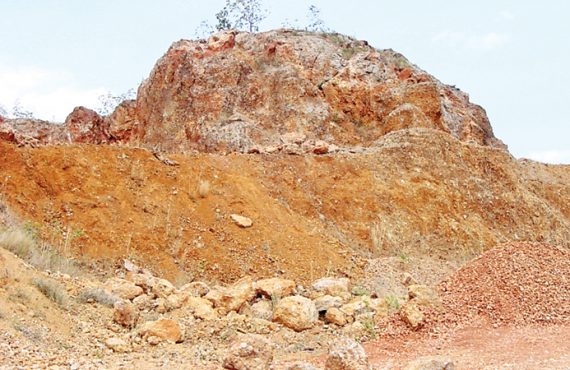




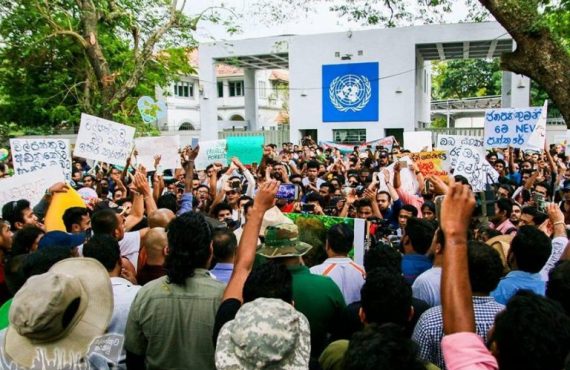

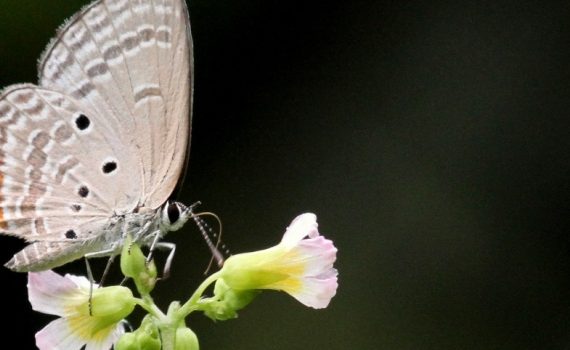
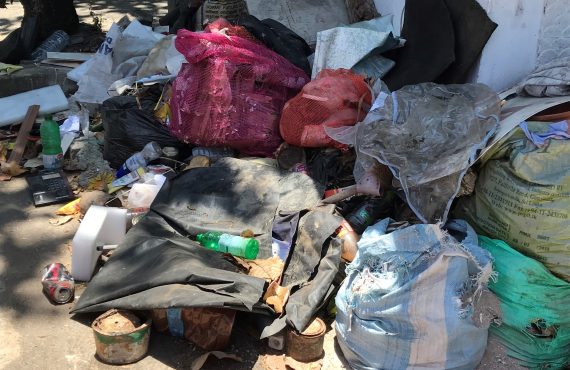



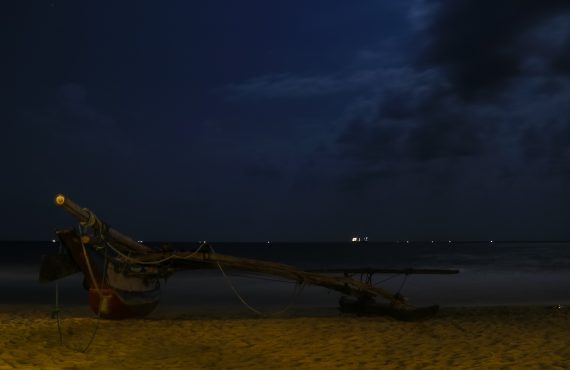



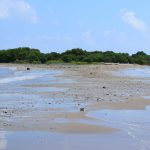

No comments yet.